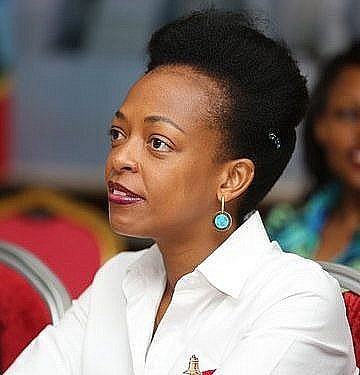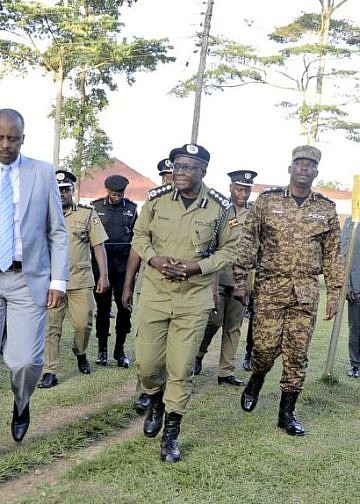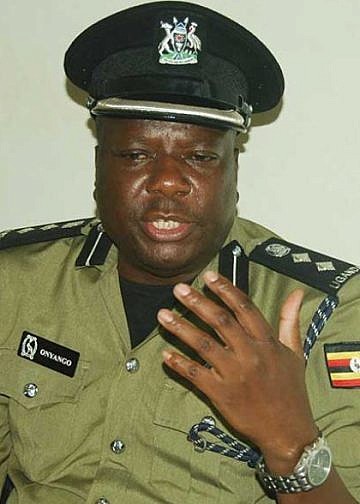Police e has reinforced its investigative ranks with the graduation of 403 officers from a rigorous one-month training program held at the Police Skilling Centre in Kikandwa, Kakiri District.
The pass-out ceremony, held on Tuesday, saw officers drawn from the Criminal Investigations Directorate (CID), the Forensics Directorate, the Canine Unit, and the Professional Standards Unit (PSU) officially complete specialized training in investigative techniques, leadership, and inter-agency coordination.
Gracing the ceremony as chief guest, the Minister of State for Internal Affairs, Gen. David Muhoozi, described his maiden visit to Kikandwa as “encouraging,” praising the police’s determination to train effectively despite limited infrastructure.
“What is apparent is the will, the will to conquer, to make do with modest environments to train people. I commend both the trainers and the participants,” said Gen. Muhoozi.
He urged the newly trained officers to match the sophistication of modern-day criminals by embracing technology and working collaboratively across departments.
“Crime is evolving. Criminals are getting smarter, even using IT. Investigators must match that pace, not just with skills, but through integration of departments like CID, Forensics, Canine, and PSU,” he said, emphasizing that poor investigations were a major contributor to Uganda’s justice system backlog.
Inspector General of Police Abbas Byakagaba echoed those sentiments, saying the training comes at a critical moment when the country faces complex security dynamics, including the upcoming elections.
“This training is helping us sharpen our response to increasingly sophisticated crimes,” said Byakagaba. “We are integrating artificial intelligence, video evidence analysis tools, and expanding our CCTV network under phase three of the project.”
He added that the course was not just technical but also ideological—grounding officers in national values like patriotism, Pan-Africanism, and social transformation as guided by President Yoweri Museveni.
“As a force, we are committed to not just solving crime but contributing to a peaceful, stable, and prosperous Uganda,” he noted.
CID Director AIGP Tom Magambo praised the training for building unity among officers from different departments many of whom hadn’t interacted since their initial recruitment years ago.
“One of the biggest gaps has been lack of cohesion. Bringing officers together to train, eat, and live as a team was a huge success. It has re-energized the force,” Magambo said.
He emphasized that effective policing also depends on engaging other justice stakeholders such as the Directorate of Public Prosecutions (DPP) and the judiciary.
“No one works in isolation. This collaboration must go beyond police departments to include all players in the justice chain, and even the Wanainchi,” he said.
Magambo acknowledged persistent challenges within the force, including promotions, working conditions, and mobility but welcomed ongoing reforms.
“During our meeting with the IGP, we noted movement in key areas. We are not yet where we want to be, but progress is underway,” he said, calling on officers to remain committed.
The event featured hands-on demonstrations by graduates showcasing modern crime scene management and investigation techniques. It closed with recognition of outstanding performers.
With Uganda headed into election season, police leadership is confident that the skills and unity fostered through this training will translate into a more professional, capable force.
“We are ready. The minds are prepared, the spirit is focused, and with these extra enablers, there is no task we will fail,” Byakagaba affirmed.
The graduation is part of a broader police reform agenda, aiming to transform the CID and other investigative arms into more responsive, integrated, and people-focused entities.









































